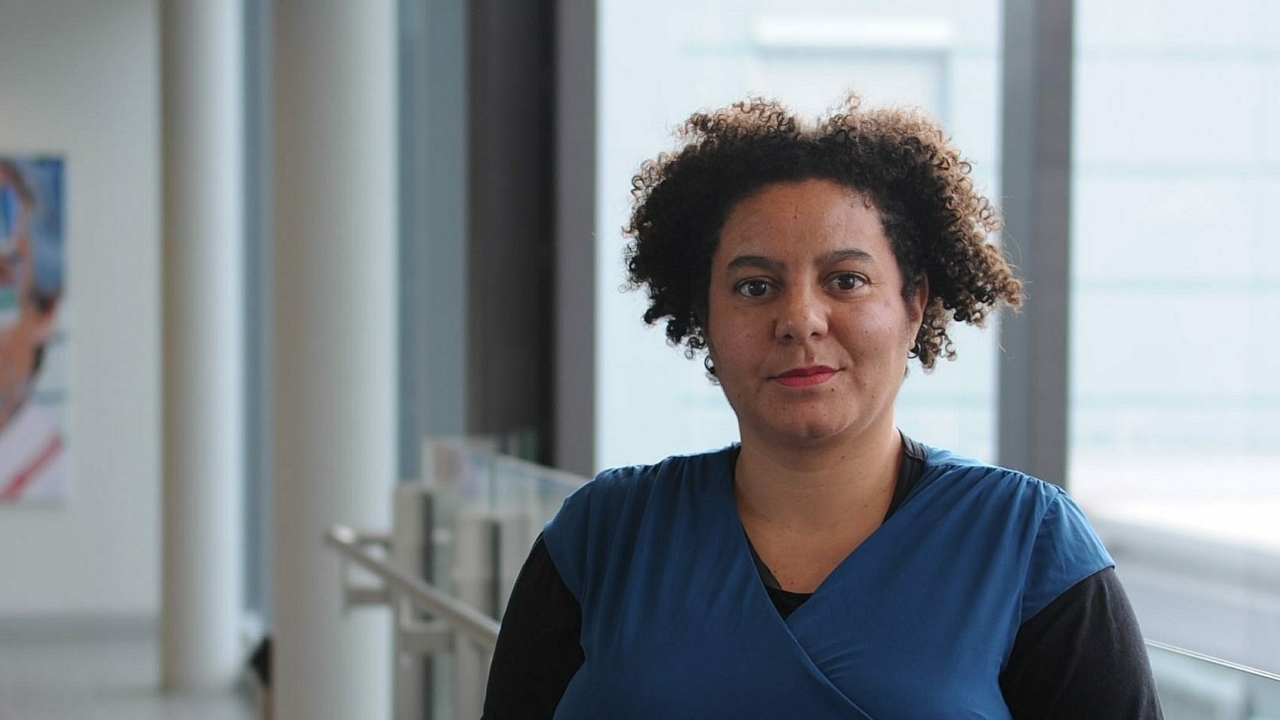The first generation to grow old with HIV are ageing faster.
“HIV is no longer a death sentence, it is a chronic disease”
The generation of people who were the first to get cutting edge treatments for HIV, decades ago, are now growing old. Dr Lucette Cysique is Neuro HIV group leader here at NeuRA and has identified that there is a high mental health burden in the HIV+ population, and in Australia. Moreover, there is an increasing proportion of this HIV population has reached their 60’s because of the success of combined antiretroviral treatment (cART), which sees those infected live almost as long as the general population. However, the aging HIV population lives with a greater comorbidity burden than people of the same age, and their aging syndromes are accelerated.
Up to 50 per cent of bisexual and gay men with HIV who are on treatment experience some form of mild neurocognitive dysfunction by their mid-50s, Up to 30 per cent will develop more serious neurocognitive problems and 2 to 4 per cent will develop early onset dementia. “We’re wondering what the hell is this going to look like in 10 years?” Dr Cysique said. “Is mild cognitive dysfunction predictive of dementia later in life [among people with HIV]? We don’t know and we need to find out.”
The lifetime prevalence of anxiety and depression symptoms was 40 per cent among bisexual and gay men with HIV, Dr Cysique said. One-third of people with the virus will develop a stress disorder and bisexual and gay men with HIV have 2½ times the rate of hospitalisation due to mental health and HIV-related neurological complications. More than one in four have contemplated suicide and 13 per cent have attempted suicide, yet mental health care in Australia was not geared towards the elderly with HIV. The sudden closure in November of H2M at St Vincent’s Hospital, the only dedicated mental health service in Sydney, was “a catastrophe”, she said. “There needs to be more than generic health services, and support for community [peer-run support] programs where people getting older with HIV can come together, stay positive and not socially isolate,” she said.
Dr Lucette Cysique was recently interviewed by ABC Radio National, and The Sydney Morning Herald, with one of these first generation ageing HIV sufferers, you can read more about it here, and listen to the interview below:




